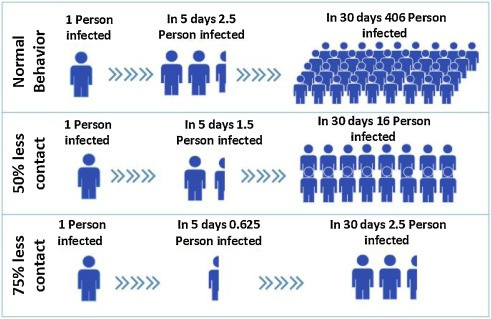
ASSESSING KNOWLEDGE ON TAX REVENUE IN THE INFORMAL SECTOR: A CASE STUDY OF THE SUNYANI TAX DISTRICT
The informal sector or informal economy as defined by governments, scholars, banks, etc. is the part of an economy that is not taxed, monitored by any form of government, or included in any gross national product (GNP), unlike the formal economy. A large number of the country’s active labour force is employed in the informal sector and accordingly generates significant amount of income that is subject to income tax. The sector is expected to expand exponentially in the near future and perhaps serve as a “goldmine” for higher revenue mobilization. In view of this the study sought to assess accounting records kept by the informal sector, assess the perception of the operators under the informal sector in the Sunyani Tax District towards taxation, Know the motives for taxing the informal sector, Identify the variables that make informal sector “difficult-to-tax” and to provide some suggested recommendations on the way forward on the taxation of the informal sector. The study adopted mixed method approach is the general term for when both quantitative and qualitative data collection techniques and analysis procedure are used in a research design. After analysis, it was found that the level of education had impact on other variables responsible for non-compliance. The Study then recommended that the GRA through IRS intensifies its tax information and education using both print and electronic media. With regards to the informal sector tax information in all major Ghanaian languages should be printed as hand bills containing information on the need to pay taxes and the benefits to be derived
